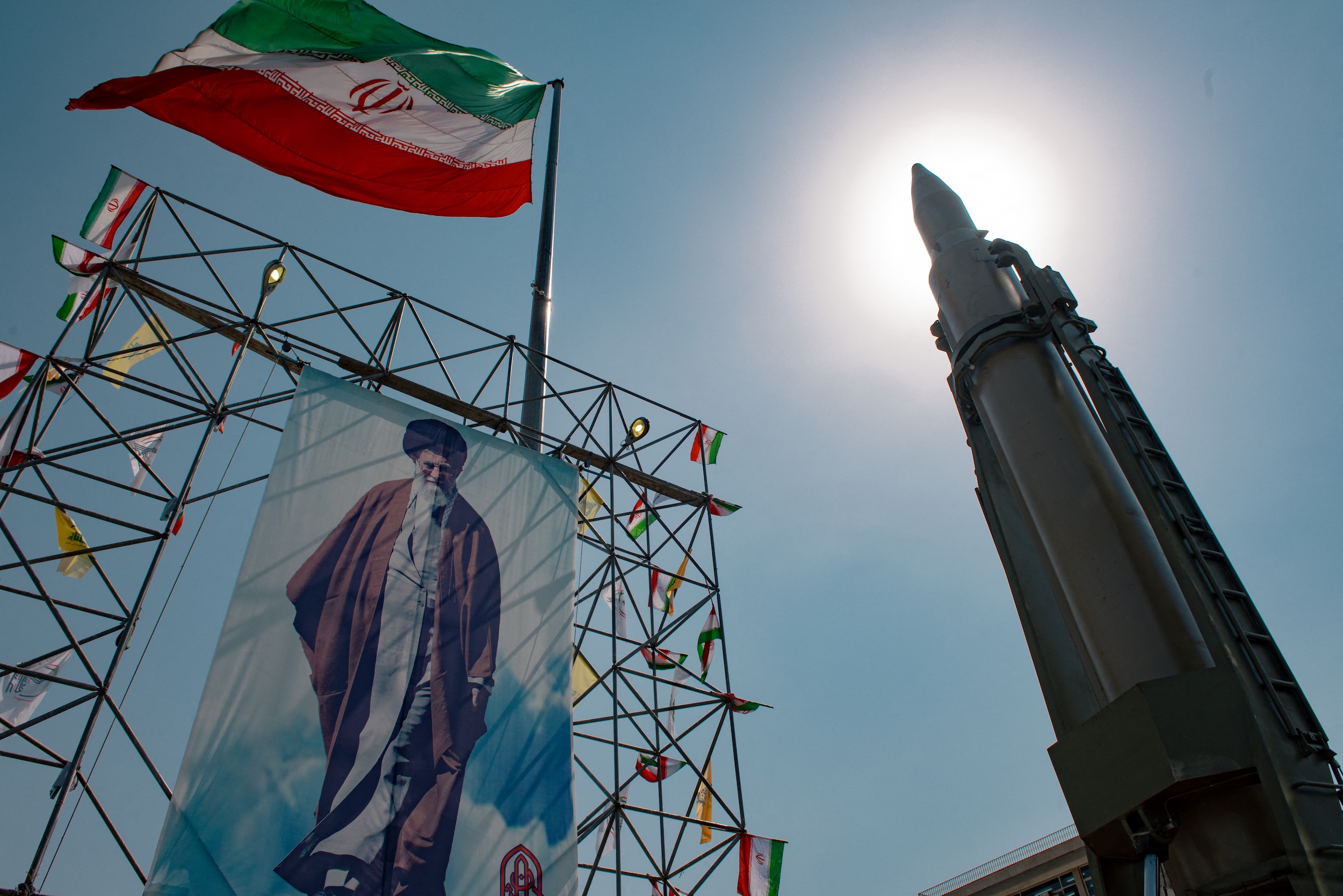By Tom Rogers
I am no expert on nuclear weaponry or the actual state of Iran’s nuclear development program, but like many others I have been fully absorbed with the newscasts featuring various military and diplomatic experts discussing what we know, and what we don’t know, about the U.S. military’s strikes on Iranian nuclear sites.What we do seem to know is that the strikes were well executed. We don’t know just what the strikes achieved. All kinds of questions remain, such as: Were the Iranians able to remove nuclear material from the Fordow site? How many years have the Israeli and U.S. attacks set back the Iranian nuclear program? Even if highly enriched uranium did survive the attacks, how far away would Iran be from being able to create a nuclear bomb from that material? In other words, even if Iran possesses weapons-grade enriched uranium, is it in a position to develop the necessary facilities and personnel to actually produce nuclear bombs?The myriad of expert commentary widely seems to accept that if Iran had had nuclear bomb capability, the U.S. and Israeli attacks probably would not have occurred. A very substantial element of the expert community also suggests that, if the Khamenei regime survives but does not enter into a negotiated settlement, its incentive to develop a nuclear bomb going forward is far greater now that it knows the consequences of not having nuclear weapons.The question that I have not heard raised at all, though鈥攏ot a peep鈥攊s “wouldn’t it be a lot faster for Iran to buy a few nuclear weapons rather than develop them on its own?” Maybe there is such a basic answer to that question that the experts don’t believe it’s worth raising, but as a layman I am perplexed by the issue of why Iran would not seek to buy nuclear weapons from, say, North Korea鈥攚hich presumably has an arsenal of them?Granted, Iran is party to the Nuclear Non-Proliferation Treaty, which prohibits such purchases. But if the regime’s existence is truly on the line, wouldn’t Tehran be more than motivated to ignore those obligations? Iran’s parliament is already reportedly considering a formal withdrawal from the treaty, which the regime would have violated anyway, were it to actually pursue building a nuclear weapon.Of the nations that hold nuclear weapons, including Russia, China, and Pakistan, I can easily understand why, despite having far better relationships with Iran than the United States, none would want to see nuclear weapons in the hands of Iran’s Islamist government. It does not seem one can say the same thing about North Korea.North Korea has a well-developed relationship with Iran. It reportedly provided ballistic missile technology to Iran, as well as nuclear weapons know how. North Korea is also known to be a major international arms dealer, and I can imagine Iran at this point would be prepared to pay almost any price to acquire a few nuclear weapons. Moreover, North Korea has no nuclear non-proliferation treaty constraints it is party to.There are some very meaningful constraints on North Korea’s ability to sell nuclear weaponry to Iran鈥擶estern countries must have highly developed sights on the country’s nuclear arsenal, such that there is a very good chance any movement of nuclear weapons out of North Korea would be detected. Nuclear weapons always emit some level of radiation. As they are moved, say by ship, that radiation could in theory be detected if ships neared certain ports, and other nations might interdict North Korean vessels that are suspected of transporting nuclear weaponry.However, I have to wonder whether it really is so impossible for North Korea to totally hide and transport a fully lead-encased nuclear weapon without detection. I sure bet the Israelis could do it. There must be a good answer to this question. Purchasing a nuclear weapon would certainly be a much faster path for Iran to recover from this devastating blow than trying to resurrect its own nuclear program. But I can’t understand why it has been left out of the conversation altogether as a fast and possible, if extremely difficult, route to Iran regaining the leverage that is has lost. So, I am calling on all experts to answer, if they can’t make it, why can’t Iran buy it?Tom Rogers is executive chairman of Claigrid, Inc. (the cloud AI grid company), an editor-at-large for Newsweek, the founder of CNBC and a CNBC contributor. He also established MSNBC, is the former CEO of TiVo, a member of Keep Our Republic (an organization dedicated to preserving the nation’s democracy). He is also a member of the American Bar Association Task Force on Democracy.The views expressed in this article are the writer’s own.
